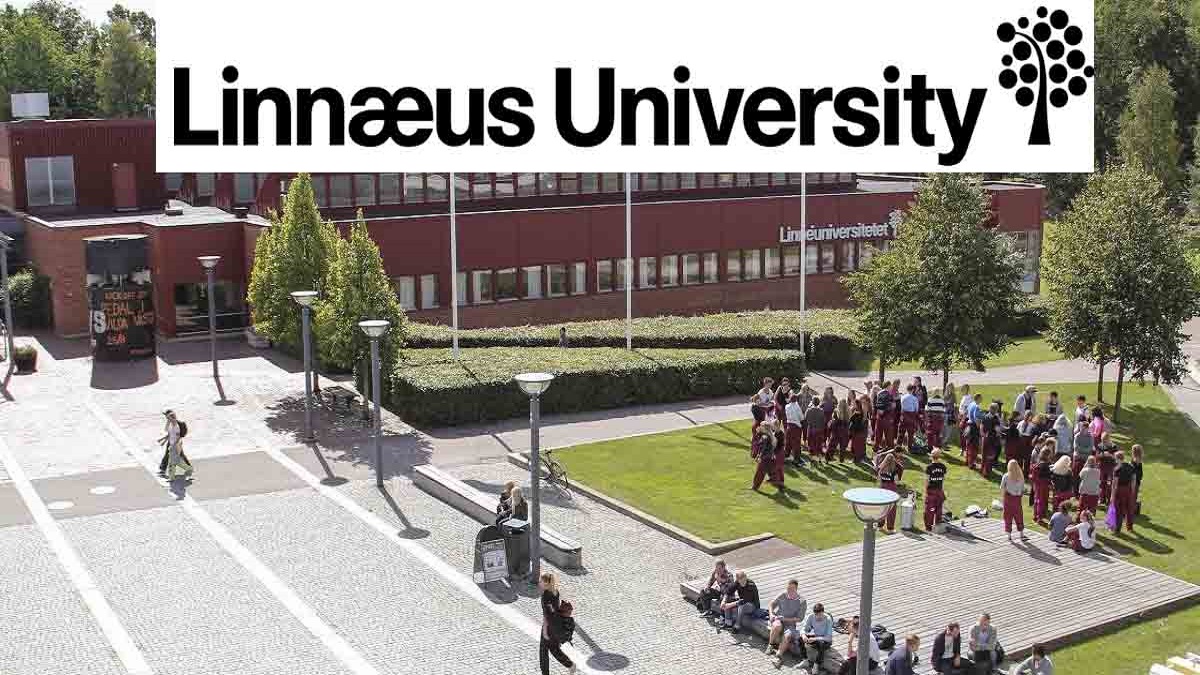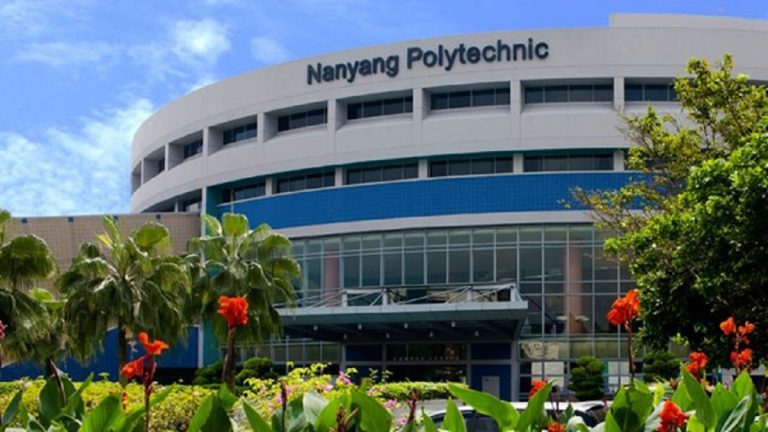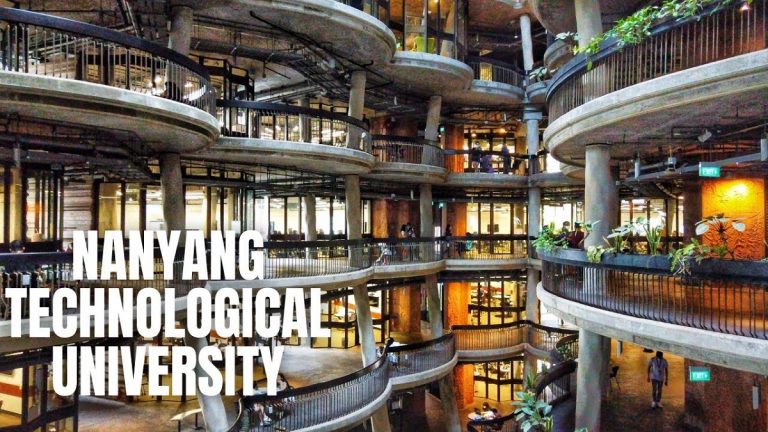
Reference number: HR-2023/1802
Welcome to Linnaeus University! Here you’ll meet 2 200 staff members and 40 000 students, all united in following the vision to set knowledge in motion for a sustainable societal development. With us, research and education are conducted with an eye towards the future. Our proximity to the business world, both locally and globally, gives us a wide reach and the ability to create change that makes an impact. All that’s needed is a place where ideas have the space to meet and grow. That’s what we’ve created – and you are invited.
Change starts here!
The Faculty of Technology has a wide range of activities spanning nine different departments through which Linnaeus University provides education and conducts research. The courses in technology cover everything from short courses of a few weeks or months to five-year Master of Science in Engineering courses. The research responds to society’s needs in several broad fields – both in the short and long term – with basic research and applied research in collaboration with stakeholders.
The department of Building Technology has extensive collaboration with business partners in research and education. The department works together with the neighboring departments for a creative environment with challenging educations and outstanding research. Research in building technology includes wood building technology, steel, concrete and composite construction technology, building physics, historical structures, structural health monitoring, life cycle analysis and building materials.
The doctoral position is part of the research profile Competitive timber structures, which contributes to the green transition of the construction sector.
Further substitution of non-renewable construction materials with wood is needed and this, in turn, requires wood-based products and structures to be improved with respect to resource efficiency, performance, cost-effectiveness and circularity.
Admitted to: Building Technology
Type and terms of employment: The employment as a doctoral student is limited according to chapter 5, section 7 of the Higher Education Ordinance. The total employment period may not be longer than the equivalent full-time postgraduate studies of four years. The Higher Education Ordinance states that those who are employed as PhD students must primarily engage in their own education. However, an employee may to limited extent work with education and administration. Such work may, before the doctoral degree has been completed, not cover more than 20% of full-time work.
Location: Växjö
Start: Access by agreement.
Work description
The PhD student will focus on numerical and experimental investigations of wood-based composite floor systems and their connections. Structural analysis of the floor systems (incl. connections), as part of an holistic approach including fire design, acoustics and the architectural engineering perspective covered by other project partners, is used to develop optimized wood-based floor systems. The work should give new insights into the requirements for improved engineered wood products to be used in resource efficient composite floor elements. The work should contribute to the development of competitive floor and connection systems, with a focus on the detachability and reuse of the elements at the end of their service life. The work should also contribute to the development of standard solutions and design models to be implemented in application rules. It will include mathematical modelling, including finite element modelling, as well as planning and realization of laboratory experiments and on-side investigations. The work will include close collaboration with industry partners and partners from other research disciplines.
As a part of the training the PhD student will take courses as agreed with the supervisors.
The Higher Education Ordinance states that a person who is employed, as a PhD student should primarily devote himself/herself to his/her own studies. However, an employee may to a limited extent work with education, research and administration. Such work may, before the doctoral degree has completed, not cover more than 20% of a full-time work.
Requirements
General requirements
A person fulfils the general entry requirements if he/she has:
- Graduated at advanced level
- Completed undergraduate program of at least 240 credits, including 60 credits at the advanced level or
- The equivalent knowledge obtained in or outside of Sweden
Specific requirements
- A minimum of 90 higher education credits in the subject Building Technology or in subjects related to the doctoral level studies, or equivalent knowledge acquired in some other manner either in Sweden or abroad,
- A very good command of English.
- That the applicant is judged to have the ability needed to assimilate the education
Other requirements
In-depth knowledge in the following areas:
- Structural engineering,
- Computational mechanics including the finite element method,
- Programming – implementation of methods and procedures in computer code.
Desirable qualifications
In-depth knowledge in the following areas:
- Wood mechanics and timber engineering,
- Steel and concrete, building materials and structures
Experience of:
- Experimental/laboratory investigations,
- Teaching on different levels and communication of research results.
We are looking for you who are curious, analytical and always thorough in your work and who want to develop your ability both by taking personal responsibility and by utilizing results and insights that have been developed through the research group’s previous work.
Assessment criteria
The selection to third cycle studies is based on the assessed ability to pursue the studies. The assessment focuses mainly on study results from first cycle and second cycle studies. The following is considered:
- Knowledge and skills relevant to the thesis work and the subject, see Work description, Other requirements and Desirable qualifications above. These can be shown via attached documents
- Assessed ability to work independently and ability to formulate and approach scientific problems. The assessment may be based on the degree project and a discussion about this at a possible interview
- Level of written and oral communication
- Other merits relevant to the third cycle studies, e.g. professional experience
Consideration will also be given to good collaboration skills, forward-thinking spirit, independence and personal suitability, as well as how the applicant, through his or her experience and competence, is judged to have the ability needed to cope with the doctoral program.
Application process
Applicants are expected to submit their application in English, which should include:
- A personal letter which states the reason for being interested in the position and in which ways the research project corresponds to your interests, experience and educational background
- A CV
- Master’s degree transcripts/diploma, and copy, or link, to master degree project
- Any other relevant documents (references, recommendation letter, transcript of records)
- Completed application form
For further information, please contact
Head of department and main supervisor Prof. Thomas Bader, phone number +46 470 76 75 79, email [email protected]
Co-supervisor Dr. Michael Schweigler, phone number +46 470 70 83 54, email [email protected]
HR-partner Linda Wincent, 0480-49 76 75, [email protected]
Welcome with your application according to instructions at the latest, January 10, 2024
Linnaeus University has the ambition to utilize the qualities that an even gender distribution and diversity brings to the organization.
Please apply by clicking on the “Apply” button at the bottom of the ad. Applicants are requested to the application resolving CV, cover letter , a copy of a relevant essay , grades and certificates and other relevant documents. The applicant also requested to submit with their application a proposed research plan within the current area of research. All documents must be attached to digital in the application. The application and other documents shall be marked with the reference number. All documents cited must be received by the University no later than 24.00 (Local time in Sweden) on the closing day.



